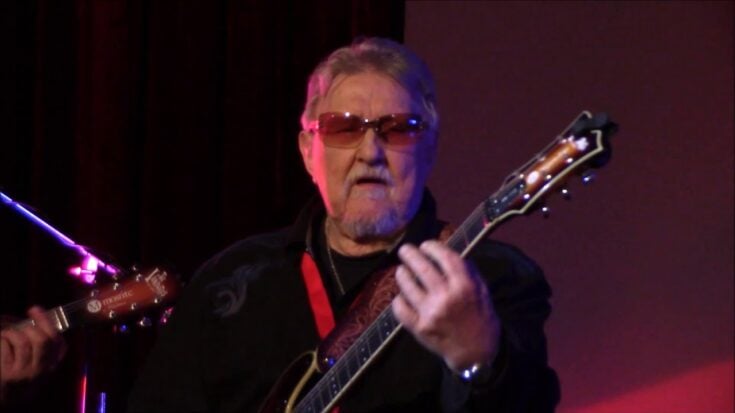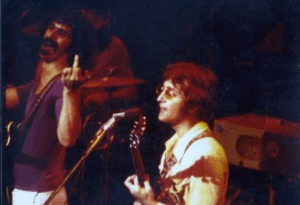You May Not Know His Name — But This Guitarist Shaped Rock as We Know It

via Entertainment Tonight / YouTube
When we talk about the architects of rock music, names like Hendrix, Clapton, and Page often take center stage. But behind many iconic sounds are figures who rarely make the headlines — players whose contributions form the bedrock of genres and eras. One such figure is Don Wilson, co-founder and rhythm guitarist of The Ventures.
Unless you’re a devoted follower of instrumental rock, you might only recognize The Ventures from their hits like “Walk Don’t Run” and the iconic version of “Hawaii Five-O.” Yet, The Ventures weren’t just another surf-rock band — they helped define the genre. And while lead guitarists often receive the spotlight, rhythm guitarists like Wilson were crucial in crafting their sound.
Don Wilson quietly defined the band’s sonic identity for nearly six decades, from its founding in 1958 until his retirement in 2015. When Wilson passed away in 2022 at the age of 88, the music world lost not just a member of The Ventures, but a cornerstone of rock’s rhythmic foundation.
View this post on Instagram
More Than Just Surf Rock
Often associated with surf culture, The Ventures’ music actually transcended that label. Their prolific output during the ’60s and ’70s — over 30 albums in a single decade — is a testament to their innovation and relevance in instrumental rock. Their compositions influenced everyone from garage bands to future punk and grunge musicians.
Their work was sonically rich and technically tight. The lead guitar might have drawn attention with its twang and reverb, but Wilson’s steady rhythm playing provided the glue. Without his backbone, those catchy riffs would have lacked structure and momentum. His work may have flown under the radar, but it was essential.
This wasn’t lost on the industry entirely — The Ventures were inducted into the Rock and Roll Hall of Fame in 2008. But even within that recognition, Wilson’s name is rarely singled out. His contribution wasn’t just part of the rhythm section; it was the rhythm section. And it helped lay the groundwork for countless rock and roll staples.
Quiet Precision, Lasting Impact
Wilson’s playing wasn’t flashy. He didn’t fill solos with complex arpeggios or command the spotlight with distorted flair. Instead, he delivered tight, controlled chord progressions with a subtle complexity that carried every song forward. In a band without vocals, every instrument needed to pull its weight — and Wilson did exactly that.
His tone was clean but never sterile, and his timing was impeccable. Wilson understood that rhythm guitar wasn’t about outshining the melody; it was about supporting it with consistency and finesse. That’s why songs like “Pipeline” and “Perfidia” still feel so solid — because of the structure he laid beneath them.
There’s a lesson in that for any musician. You don’t need to dominate a song to be essential to it. Wilson’s style teaches us that precision, restraint, and rhythm can have as much power as the most blistering solo. It’s a reminder that great musicianship often lies in the details most people overlook.
Why Don Wilson Still Matters
Don Wilson may not be a household name, but his influence runs deep through decades of guitar-driven music. Artists in surf rock, punk, alternative, and even metal have borrowed structural cues from The Ventures — knowingly or unknowingly echoing Wilson’s approach to rhythm.
For young guitarists, especially those inclined to play rhythm, his career is a model of endurance and integrity. Wilson wasn’t chasing fame. He was chasing sound — sound that worked in harmony with the rest of his band. That’s a rare and undervalued skill, particularly in an age that often prizes individualism over collaboration.
So while Don Wilson may not grace the cover of rock history books as often as others, his legacy remains embedded in the DNA of modern rock. The next time you hear a tight, propulsive groove holding a song together, there’s a good chance someone — directly or indirectly — learned it from Don Wilson.












